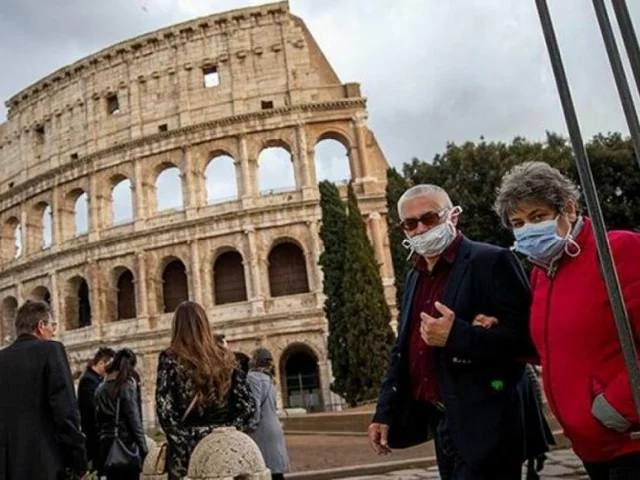Diplomacy: How India's Foreign Ties Affect News, Business & Property
Diplomacy shapes headlines and real-life choices. When countries sign trade deals, change visa rules, or face tensions at borders, people who live, invest, or do business in India feel it fast. This tag collects plain-language posts and updates so you can spot risks and opportunities without jargon.
Why you should care about diplomacy
Foreign policy isn't only for politicians. It affects jobs, currency strength, import costs, and investment flows. A new trade agreement can lower import duties and boost local manufacturing. A diplomatic spat can slow supply chains or push up commodity prices. For someone buying property or running a business, those moves matter.
Think about visas and residency. Stronger diplomatic ties often lead to easier travel rules, more consular services, and streamlined work permits. That matters if you plan to move, rent to foreign tenants, or sell property to NRIs (non-resident Indians) and foreigners. Embassy presence also makes it easier for expats to get paperwork and emergency help.
What to watch: a short checklist
Keep an eye on a few specific signals. First, trade and investment pacts — look for new FTAs, BITs, or tax treaties. Those change where foreign capital flows. Second, visa and labor policy — remote-worker visas, work-permit relaxations, or stricter rules all shift demand for rental housing. Third, geopolitical hotspots — border tensions or sanctions can hit tourism and investor confidence. Fourth, energy and supply chains — diplomacy affects fuel and raw material prices, which in turn change construction and maintenance costs.
Also track central bank moves and currency trends. Diplomatic developments can trigger short-term rupee swings. For long-term investors, sudden currency dips affect returns on foreign investments and the cost of imported materials for builders.
If you follow property markets, note infrastructure deals driven by diplomacy: cross-border corridors, port projects, and foreign-funded industrial parks create neighbourhoods that grow faster than usual. When a country funds a logistics corridor or an export hub in India, expect jobs, rentals, and land values to rise nearby.
For buyers and renters from abroad, pay attention to consular guidance and tax treaties. A double taxation avoidance agreement can change your net rental yield. Changes in residency rules can affect how easy it is to manage property from overseas.
How to stay practical: choose a few reliable sources and set alerts for keywords like ‘FTA’, ‘visa policy’, ‘bilateral agreement’, and the names of neighbouring countries or major partners. Read official ministry statements and embassy advisories for facts. Use local market reports to translate diplomatic news into likely impacts on prices, rents, and construction costs.
Want quick action points? If a new trade deal is announced, check which sectors benefit and monitor nearby development plans. If tensions rise with a trading partner, be cautious about speculative purchases in tourist areas and watch construction material costs. If visa rules ease, expect higher demand for rentals in cities popular with foreign workers.
Follow this tag for timely posts that map diplomatic moves to real-world effects—what they mean for business, travel, and property decisions in India.

How is the prime minister of India?
The Prime Minister of India is the head of the Government of India and the leader of the executive branch of the Indian government. The current Prime Minister is Narendra Modi, who was sworn in as the 14th Prime Minister of India on May 26, 2014. He is the first prime minister to serve a full five-year term since the late P. V. Narasimha Rao. Modi has been credited with numerous accomplishments during his tenure, including the implementation of numerous economic reforms, the expansion of infrastructure, and the promotion of diplomacy.




